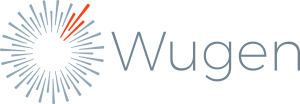Scientific Advisory Board
John DiPersio, M.D., Ph.D.
Co-Founder & Chair
Dr. DiPersio is the Chief of Oncology at Washington University School of Medicine, where he is the Virginia E. and Samuel J. Golman Professor of Medicine. He is the Deputy Director of Siteman Cancer Center and Director of the Washington University Center for Gene and Cellular Immunotherapy. His research focuses on fundamental and translational aspects of leukemia and stem cell biology. These studies include identification of genetic abnormalities in human leukemias, understanding processes involving stem cell and leukemia cell trafficking, adoptive cellular therapy and clinical and translational programs in both leukemia/MDS and stem cell transplantation.
Dr. DiPersio received his M.D. and Ph.D from the University of Rochester. He conducted his internship and residency at Parkland Memorial Hospital, where he became chief resident. He completed his fellowship in Division of Hematology-Oncology, UCLA School of Medicine, where he became Assistant professor. He spent four years at the University of Rochester School of Medicine before moving to Washington University where he now leads the Division of Oncology.
Todd Fehniger, M.D., Ph.D.
Co-Founder
Dr. Fehniger is a physician-scientist with over 25 years of experience in Immunology and Oncology. Dr. Fehniger is a Professor of Medicine at Washington University School of Medicine, Scientific Co-Director of the Center for Gene and Cellular Immunotherapy, and Co-Leader of the lymphoma program at the Siteman Cancer Center. Dr. Fehniger leads a research team focused on mechanisms of NK cell development and function, strategies to enhance immune responses to cancer, and lymphoma immunogenomics. His laboratory identified human memory NK cells differentiating after stimulation through combined cytokine receptors and pioneered translating NK cell memory as a cellular immunotherapy for leukemia. His clinical interests are hematologic malignancies, hematopoietic cell transplantation, and cellular immunotherapy.
Dr. Fehniger received his M.D. and Ph.D. in Immunology from Ohio State University, performing graduate training in the laboratory of Michael Caligiuri studying human NK cells. He conducted post-doctoral research studying the mechanisms of lymphocyte cytotoxicity with Dr. Timothy Ley at Washington University School of Medicine. He has led an independent basic, translational, and early phase clinical research program since joining the faculty of Washington University School of Medicine in 2008.
Melissa Berrien-Elliott, Ph.D.
Co-Founder
Dr. Berrien-Elliott has over 10 years of experience in cytotoxic cellular immunotherapy and is a co-founder of Wugen. Dr. Berrien-Elliott’s interest is in translational immunology and immunotherapy. Dr. Berrien-Elliott has extensively studied in vivo memory NK cell differentiation in patients with hematologic malignancies. Dr. Berrien-Elliott is an Instructor of Medicine at Washington University School of Medicine.
Dr. Berrien-Elliott received her Ph.D. with honors from Saint Louis University School of Medicine’s Molecular Microbiology and Immunology Program. She conducted her post-doctoral training at Washington University School of Medicine in Dr. Fehniger’s laboratory investigating NK cell immunotherapies and in vivo immune modulation in the context of clinical trials.
Katharine Hsu, M.D., Ph.D.
Dr. Hsu is a hematologist and medical oncologist at Memorial Sloan Kettering Cancer Center in New York and Professor of Medicine at Cornell Medical College. Her research focuses on natural killer (NK) cell biology, stem cell transplantation, and adoptive cell immunotherapy. The major focus of her research is to determine how to use genetic, phenotypic, and functional information about innate immune cells to improve outcomes in the treatment of malignancies, particularly hematologic malignancies that currently can only be cured by allogeneic stem cell transplantation.
Dr. Hsu received her M.D. and Ph.D. from Cornell University Medical College. She conducted her residency at Brigham and Women’s Hospital in Boston, MA and completed her fellowship at Memorial Sloan Kettering Cancer Center.
Jeffrey Miller, M.D.
Dr. Miller is currently a Professor of Medicine at the University of Minnesota, Division of Hematology, Oncology and Transplantation. He is the Deputy Director of the University of Minnesota Masonic Comprehensive Cancer Center. He has more than 25 years of experience studying the biology of NK cells and other immune effector cells and their use in clinical immunotherapy with over 275 peer-reviewed publications. He is a member of numerous societies such as the American Society of Hematology, the American Association of Immunologists, and a member of the American Society of Clinical Investigation since 1999. Dr. Miller serves on the editorial board for Blood and is a reviewer for a number of journals and NIH grants. He was also the recipient of the National Cancer Institute Outstanding Investigator Award for 2015.
Dr. Miller received a Bachelor of Science degree from Northwestern University in Evanston, Illinois and received his MD from Northwestern University School of Medicine. He completed an internship and residency in Internal Medicine at the University of Iowa in Iowa City. After completing a post-doctoral fellowship in Hematology, Oncology and Transplantation at the University of Minnesota, he joined the faculty in 1991.
Waseem Qasim, M.D., PhD.
Waseem Qasim is a Pediatric Immunologist and Professor of Cell and Gene Therapy at UCL Great Ormond Street Institute of Child Health. He trained in Medicine in Newcastle and London and subsequently undertook PhD research into T cell gene therapies. Waseem has led bench-to-bedside development of translational gene therapies, including first-in-human trials of T cells engineered to express chimeric antigen receptors, recombinant T cell receptors or suicide genes. He has extensive expertise in lentiviral vectors and was among the first to incorporate genome editing technology, leading to trials with TALEN engineered cells and most recently CRISPR/Cas9 for the treatment of relapsed leukemia.
Next in our story
Next in our story
Next in our story
Copyright © 2024 Wugen. All Rights Reserved.
a COGNEO design

